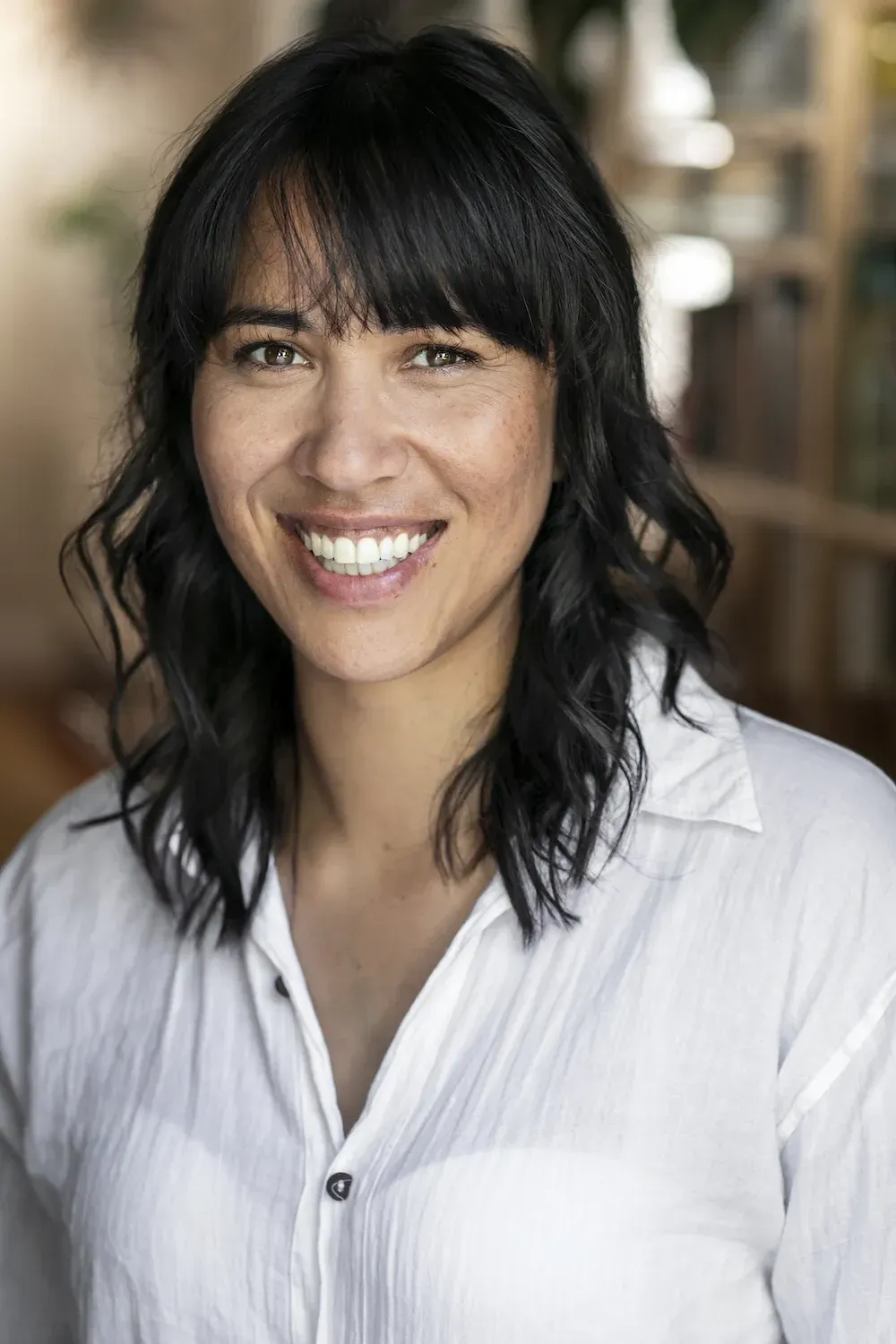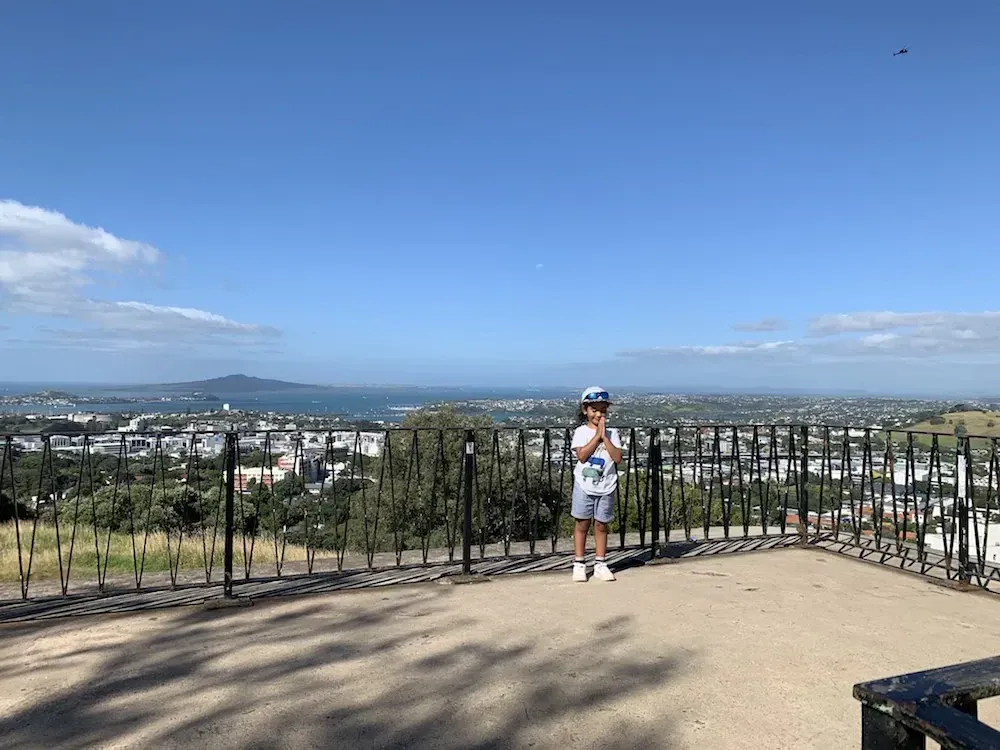I can tell you that I’m Māori but can’t recite my Pepeha
Written by
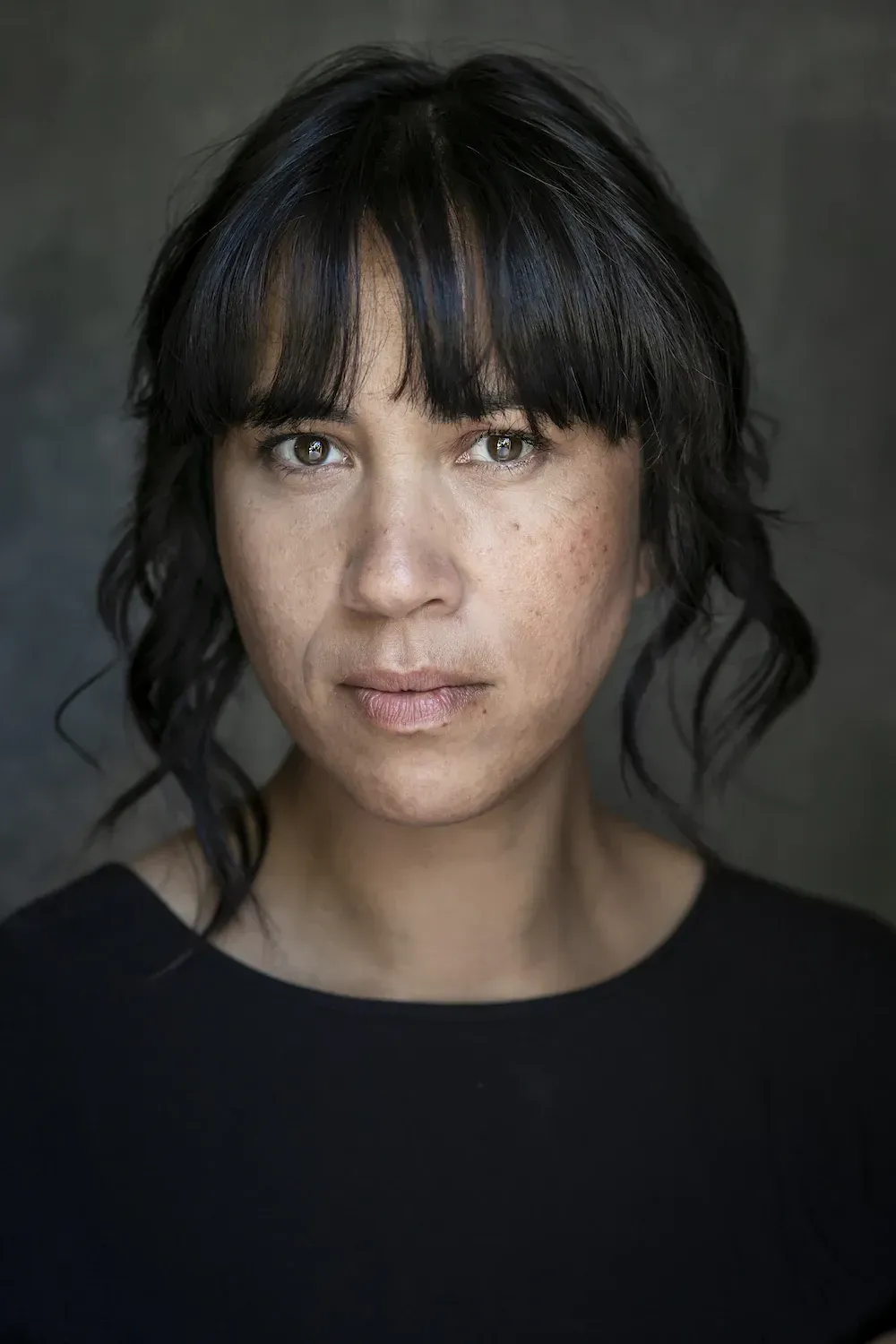
I’ve been told more than once and I’ve read it in many comment sections beneath headlines that allude to Māori content that ‘Māori are lucky’, and we all get given special treatment ‘just because you’re Māori’. And I get it. But the truth is that all Māori aren’t necessarily born equal, and in the same way as being born into a wealthy family brings you certain privileges, that’s kind of what it’s like belonging to a wealthy iwi.
In today's world, iwi’s work a lot like family trusts. If you’re a registered beneficiary (after proving your lineage to the person tasked with that job, usually an elder), then you get the right to live on the trust owned land and your share of any dividends in whatever way the elected board of trustees determines. But if you’re not a registered beneficiary, then, other than the particular traits you embody as a result of your ancestry and the bragging rights of being somehow related, you don’t really benefit.
When I was quite young, my mum’s sister came to visit, and to make my big sister feel better about the gap in her front teeth our aunty told her that it was a sign of good luck; my sister would definitely grow up to marry a rich white man, just like my mum did. Though I knew my dad, who was born decidedly middle class, wasn’t exactly ‘rich’, it was the first time I realised he was of a different coloured skin tone to me.
When I started in primary school I was vaguely aware that I felt a bit different to the other kids, but I wasn’t consciously aware that I was one of only a few Māori kids in my classroom and the only Māori girl. Once a week, for a couple of hours, the twenty or so kids in the school who were of Māori descent were gathered together for ‘Māori’ class and taught about our culture. We sang Māori songs like ‘Tutira Mai Nga Iwi’ while the boys hit each other with rakau and learned about taiaha, and the girls played with pois and piupius, and this was how I learned what a ‘Māori’ was. And that I was one.
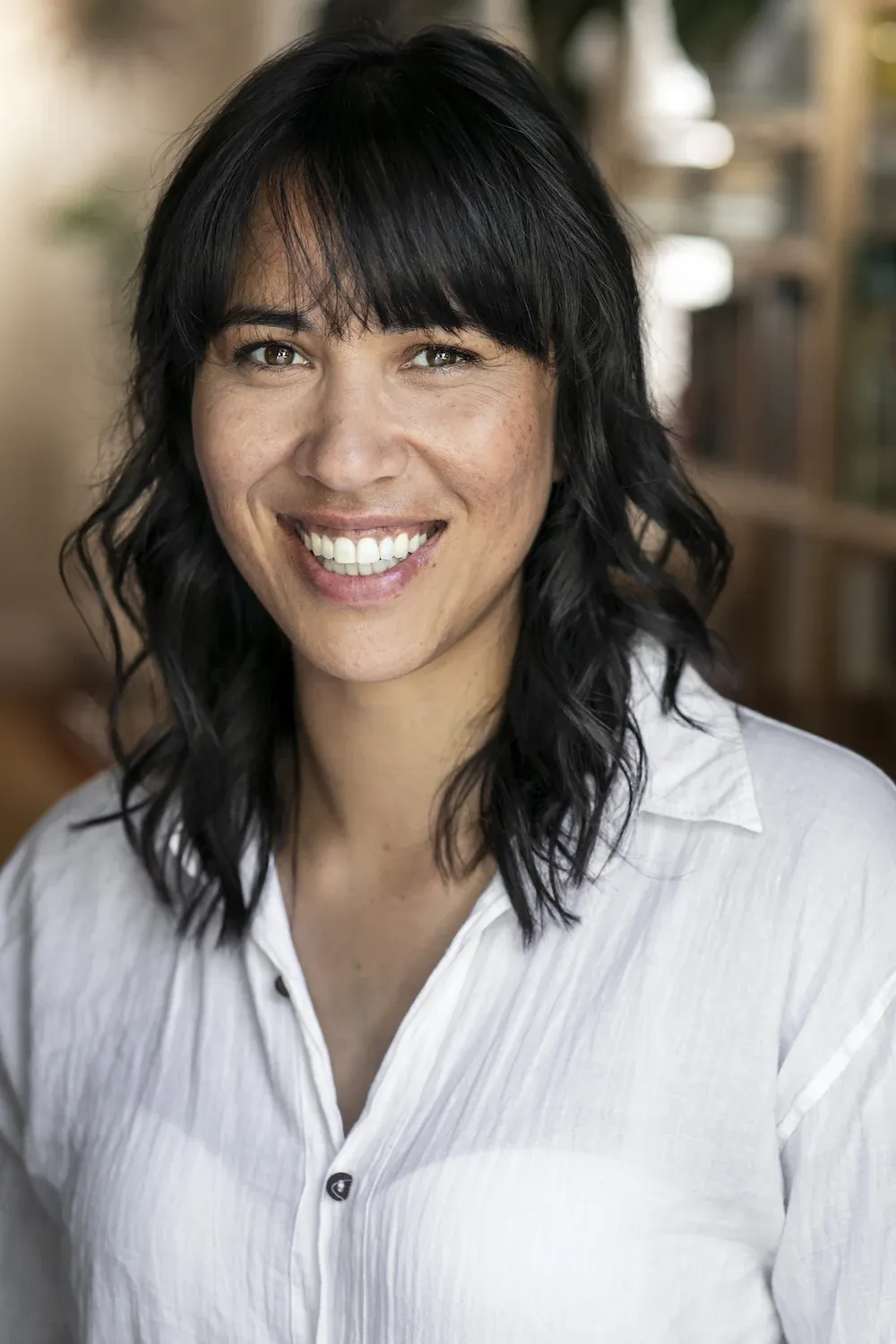
I went home to my mum after the first of these lessons with so many questions. What was it like for my mum growing up as a Māori? Why didn’t she know any Māori words even though both of her parents were Māori? And did they know all of the Māori words? Mum explained that her parents knew how to speak Māori because their parents didn’t go to school, so they mostly only spoke in Māori. But mum’s parents did go to school, and at school, they were punished for speaking Māori and learned everything in English, so Mum’s parents didn’t teach her or her siblings much more Māori than the few basic words that flowed unconsciously from their tongues. I had also learnt these words, not realising that they were actually Māori. My entire Maori vocabulary up until then consisted of three words: “Kao.” (No.) “Tote.” (Salt.) “Paru.” (Dirty.)
As I continued to grow up in Northland, amongst the complex people of Ngāpuhi, I learned about tribes, and I learned about the land that my blood determined that I belonged to; far from where I was raised.
I learned about tribes, and I learned about the land that my blood determined that I belonged to; far from where I was raised.
My mother was born in Ruatahuna, in the tribal lands of Ngāi Tūhoe, where I still have never once visited. I don’t know my marae there, or my maunga, or my awa, but I do know that if you Google search my grandmother's maiden name you’ll find a pretty long list of criminal offenders who come from there and have committed some quite highly publicised crimes. Fun fact.
My mother’s mother, my nan, was also born in Ruatahuna, but her mother was born in Rotorua: a Te Arawa maiden. I recently read that Te Arawa people are renowned for their beauty, and this apparently was the case with my nan. The story in our family goes that Koro, who was in his late twenties and had just come back from the Korean war, had just started a job laying telephone cables for Telecom through the Ureweras when he met our nan. And even though Nan was only fifteen and already had a baby son of her own, Koro found her irresistible. So when Nan found out she was pregnant to him she dumped all four of her other boyfriends and married our Koro.
Koro was born and raised in the far north, in Te Kao, and is of Te Aupōuri and Te Rarawa descent. On my koro’s side, we have two claims to fame. One is a photo of my great-great grandmother that was taken in the early 1800s while she was working in the Kauri gumfields, and is on long term display at the Kaikohe Pioneer Village. And the other is my koro’s brother, who was shot in the heart at Gallipoli but was saved by his Bible, and that bible is currently on exhibition at Te Papa.
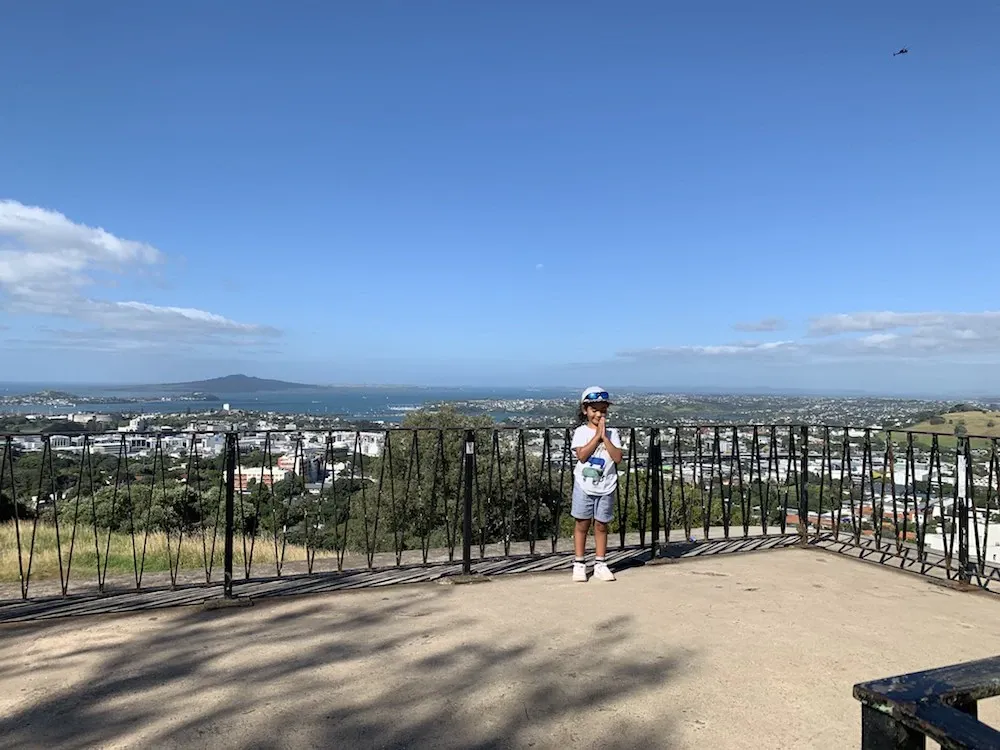
So I can proudly tell you where the Māori in me comes from, but I can’t recite for you my pepeha.
And I am not a registered member of any iwi that I whakapapa to so I effectively don’t belong to any of them.
But I didn’t grow up with a gap in my front teeth, and twelve years ago I met the father of my two youngest children - a proud Ngāti Whātua man. I moved with him to his iwi land to live amongst his people and now our children go to the local puna reo and kura kaupapa, they are fluent in te reo Māori, they go to their marae with their whānau every day, and they can confidently recite their pepeha.
So I can proudly tell you where the Māori in me comes from, but I can’t recite for you my pepeha.
I see first hand the privilege, the hand-ups, and the extreme benefits that my children get from being registered members of a wealthy iwi. They have education festivals, free te reo classes and fully catered weekend wānangas where they learn their history. They have Christmas parties with water slides, feasts, and outdoor movies. They have full cover health insurance, private school scholarships, and plenty of lucrative career opportunities within their iwi businesses, just to name a few things…
But it’s not ‘just because they are Māori’.
Iwi privilege? That’s a completely different thing.
Annette is a poet, playwright and writer for South Pacific Pictures. She's penned another great piece about the power of storytelling for us here.
